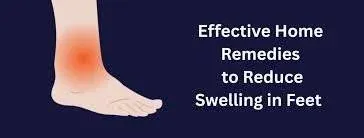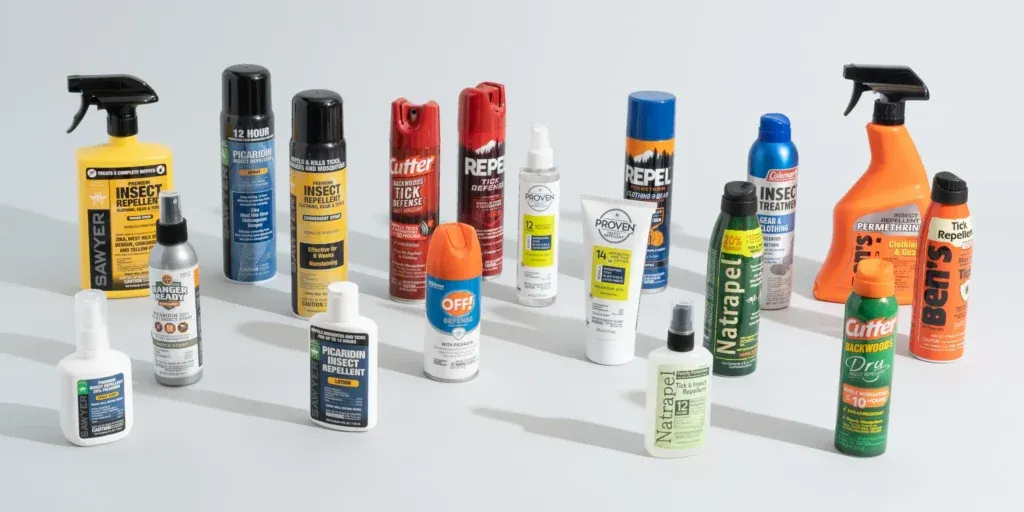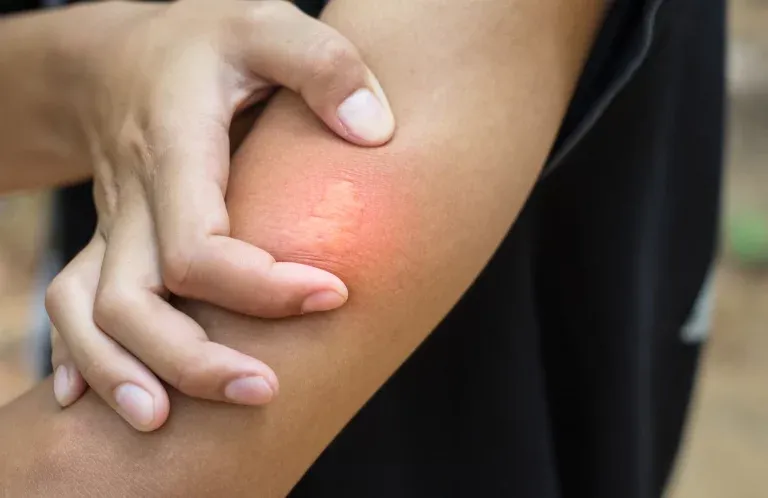Insect bites are often dismissed as minor inconveniences. However, knowing how to stay healthy after insect bites is crucial to avoid infections, allergic reactions, or other health issues. From mosquitoes and fleas to spiders and ticks, different insects pose varying risks. Some bites can transmit diseases, while others cause irritation, swelling, or allergic responses. Maintaining good health post-bite is about more than just relief—it’s about preventing complications.
In this guide, you’ll discover practical tips to protect your health and promote faster recovery after an insect bite.
1. Understand the Risks of Insect Bites
The first step in knowing how to stay healthy after insect bites is understanding the potential risks involved. Insect bites can lead to:
Mild allergic reactions
Bacterial infections from scratching
Transmission of diseases (e.g., Lyme disease, dengue, malaria)
Certain populations—like children, the elderly, and individuals with compromised immune systems—may be more vulnerable to complications. Hence, proper care and monitoring are essential.
2. Clean the Affected Area Immediately
As soon as you notice a bite, clean the area with soap and warm water. This simple step reduces the risk of infection. Pat it dry with a clean towel and apply an antiseptic if available. This is a core practice in ensuring you know how to stay healthy after insect bites from the very beginning.
If you have access to a first aid kit, use alcohol wipes or iodine solutions to further disinfect the area. Cleanliness helps minimize the chance of bacteria entering through the broken skin.
3. Reduce Itching Without Scratching
Scratching may provide temporary relief, but it increases the risk of infection. To stay healthy after an insect bite, try these safer alternatives:
Apply a cold compress to reduce inflammation
Use calamine lotion or anti-itch creams
Take an over-the-counter antihistamine (e.g., cetirizine or loratadine)
Apply a baking soda paste
Avoiding scratching helps keep the skin intact and reduces healing time—an essential part of knowing how to stay healthy after insect bites.
4. Watch for Allergic Reactions
Some people experience more than mild redness or swelling. Be alert for signs of a more severe allergic reaction, such as:
Difficulty breathing
Dizziness
Swelling of the face or throat
Rapid heartbeat
If you or someone else develops these symptoms, seek emergency medical help immediately. For those with known allergies to insect venom, carrying an epinephrine auto-injector (EpiPen) is strongly advised.
5. Use Natural Remedies to Support Healing
Nature offers several gentle remedies that promote healing. If you’re interested in holistic health, knowing how to stay healthy after insect bites with natural ingredients can be very helpful.
Try these options:
Aloe vera: Soothes irritated skin and promotes regeneration
Tea tree oil: Has antimicrobial properties that reduce infection risk
Honey: Acts as a natural antibacterial and speeds up healing
Witch hazel: Calms inflammation and reduces itching
Make sure to patch-test any natural remedy before applying it widely on the skin.
6. Boost Your Immune System
Your immune system plays a significant role in how quickly you recover. To support your body from within, consider the following tips:
Stay hydrated
Eat foods rich in antioxidants (e.g., berries, leafy greens)
Include vitamin C and zinc in your diet
Get plenty of sleep
A strong immune system is your internal defense mechanism and a cornerstone in the strategy for how to stay healthy after insect bites.
7. Prevent Secondary Infections
Open sores caused by scratching can become breeding grounds for bacteria. To prevent this, cover the bite area with a clean bandage if it’s in a place prone to rubbing (like arms or legs). Reapply antiseptic twice daily and change the dressing regularly.
Signs of a secondary infection include:
Pus discharge
Increased redness
Warmth around the bite
Persistent pain
Consult a healthcare provider if these symptoms occur. Remember, part of knowing how to stay healthy after insect bites is identifying when to seek medical intervention.
8. Monitor for Disease Transmission
Certain insects carry diseases that may not show symptoms immediately. Keep a close eye on your health in the days following a bite, especially if you were in a high-risk area (e.g., tropical regions or wooded trails).
Watch for:
Fever
Fatigue
Muscle aches
Swollen lymph nodes
Document the date and type of insect if possible. If you experience any unusual symptoms, report them to your doctor. This precaution is key in understanding how to stay healthy after insect bites in disease-prone regions.
9. Prevent Future Bites
Preventing bites in the first place goes hand in hand with staying healthy. Follow these preventive measures:
Use insect repellent with DEET or natural alternatives like citronella
Wear long sleeves and pants in bug-heavy areas
Sleep with mosquito nets if necessary
Keep your environment clean to discourage pests
Staying bite-free is one of the most effective strategies in the long-term plan for how to stay healthy after insect bites.
10. When to See a Doctor
Always consult a doctor if:
The bite gets worse over time
You suspect it was from a venomous insect
There’s no improvement after a few days
You develop flu-like symptoms
A healthcare professional can assess whether antibiotics, steroids, or other treatments are needed.
Final Thoughts
Understanding how to stay healthy after insect bites isn’t just about treating discomfort—it’s about proactive care and prevention. From immediate first aid and natural healing methods to monitoring your health and strengthening your immunity, each step contributes to faster recovery and better protection against complications.
If you’re frequently exposed to bugs due to travel, camping, or pets, create a post-bite health routine and keep necessary supplies on hand. Your skin and your immune system will thank you.





